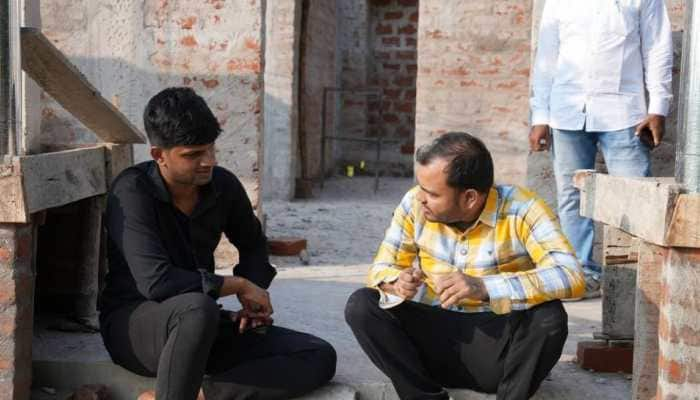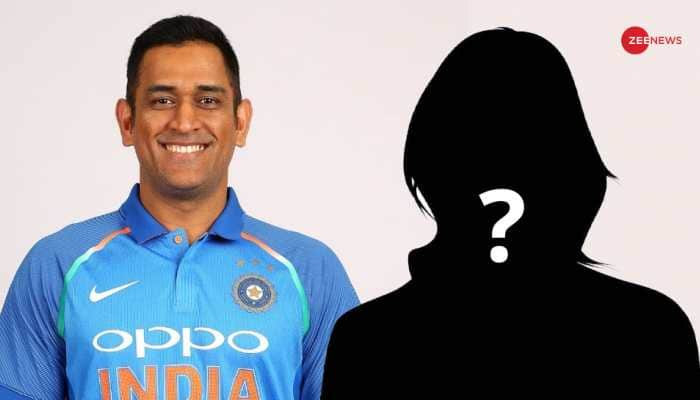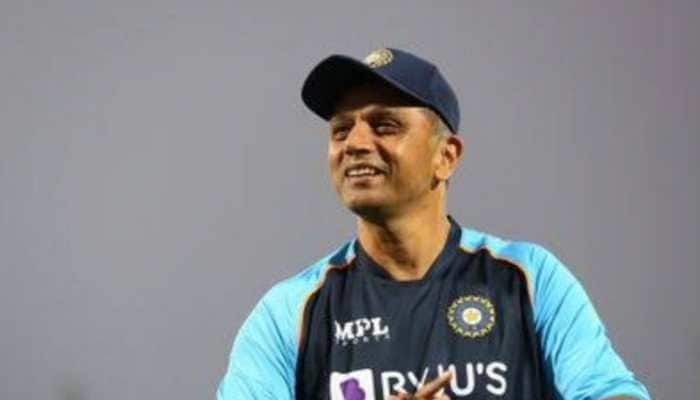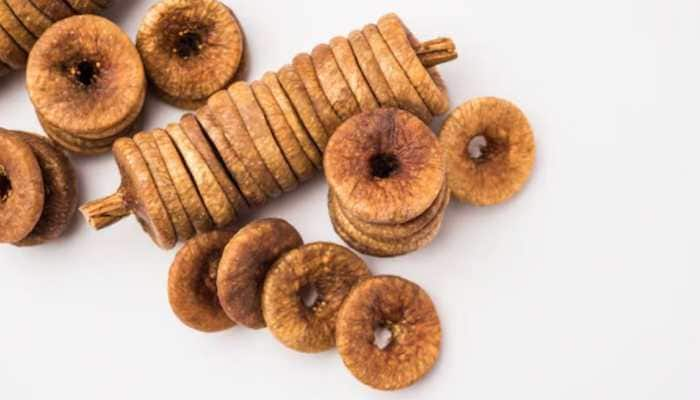Bhojshala Mandir Or Kamal Maula Masjid: A Timeline Of The Big Madhya Pradesh Controversy
The dispute over the Bhojshala complex dates back to the ASI's 2003 order, allowing Hindus to worship on Tuesdays and Muslims to offer namaz on Fridays. The ongoing controversy intensified during instances when Basant Panchami coincided with Fridays, raising questions about worship rights.
Trending Photos
)
NEW DELHI/BHOPAL: The Bhojshala Complex in Madhya Pradesh, with ties to Raja Bhoja (1000-1055 AD), has recently grabbed headlines after the Madhya Pradesh High Court ordered the Archaeological Survey of India (ASI) to conduct a survey at the disputed monument in the Dhar district.
Hindus Vs Muslims Over Bhojshala Complex
On February 19, a Hindu organization approached the Madhya Pradesh High Court, urging the ASI to conduct a time-bound "scientific investigation" of the disputed Bhojshala monument, claiming it to be a temple of Goddess Vagdevi (Saraswati). The complex holds significance for Hindus, considering it the temple of Goddess Vagdevi, while the Muslim community regards it as Kamal Maula Mosque.
Historical Signficance Of Bhojshala Complex
Raja Bhoj, a prominent figure in the Parmar dynasty, initially built an educational institute in Dhar known as Bhojshala. Over time, the remains of the Saraswati temple within Bhojshala were transformed into Kamal Maulana Mosque by Muslim rulers. The mosque features intricate carvings, including pillars and a prayer hall with valuable inscriptions dating back to the 11th-12th century.
Archaeological Evidence And Religious Practices
Based on archaeological evidence, Bhojshala is believed to have originated as a Saraswati temple, corroborated by inscriptions and historical references. According to an ASI order from 2003, Hindus worship inside the complex every Tuesday, while Muslims offer namaz every Friday.
MP High Court's Mandate
The Madhya Pradesh High Court recently directed the ASI to complete a survey of the Bhojshala Temple and Kamal Maula Mosque complex within six weeks. Emphasizing the need to clarify the complex's nature and character, the court mandated a comprehensive scientific exploration, survey, and excavation, led by an expert committee.
The ASI is tasked with executing a thorough scientific investigation, utilizing the latest methods, and techniques. The committee must submit its findings within six weeks, including the inventory of artefacts, idols, deities, or structures. Sealed rooms and halls within the complex are to be opened for examination.
Arguments From Both Sides
The Hindu Front for Justice asserts that the Kamal Maula Mosque was constructed by destroying Hindu temples during Alauddin Khilji's reign. In contrast, the ASI argues that a historical report from 1902-03 supports the pre-existence of the Bhojshala Temple of Vagdevi.
Dhar's Shahar Qazi, Waqar Sadiq, representing the mosque's management, plans to challenge the High Court ruling in the Supreme Court. Muslim side's senior advocate Ajay Bagadia contends bias in favor of the Bhojshala Vagdevi Temple.
Roots Of The Bhojshala Controversy
The dispute over the Bhojshala complex dates back to the ASI's 2003 order, allowing Hindus to worship on Tuesdays and Basant Panchami and Muslims to offer namaz on Fridays. The ongoing controversy intensified during instances when Basant Panchami coincided with Fridays, raising questions about worship rights.
Activists advocating for the "liberation" of Bhojshala criticise Chief Minister Shivraj Singh Chouhan for implementing massive security measures to enforce the High Court's order. As legal proceedings continue and the ASI conducts its survey, the outcome will likely have far-reaching implications for both the Hindu and Muslim communities, as well as for the preservation of historical heritage in Madhya Pradesh.
Stay informed on all the latest news, real-time breaking news updates, and follow all the important headlines in india news and world News on Zee News.
Live Tv







)
)
)
)
)
)
)
)
)
)
